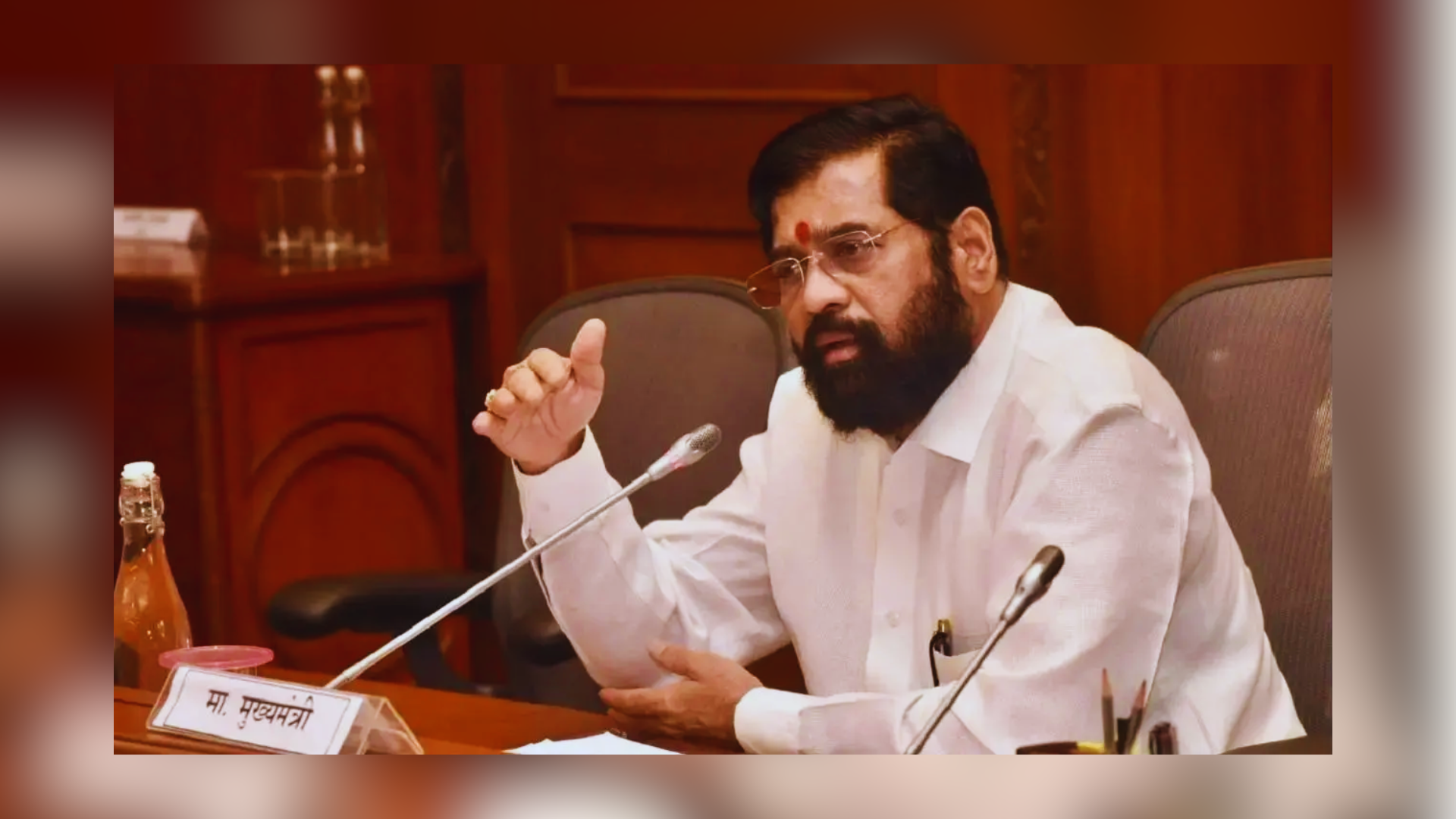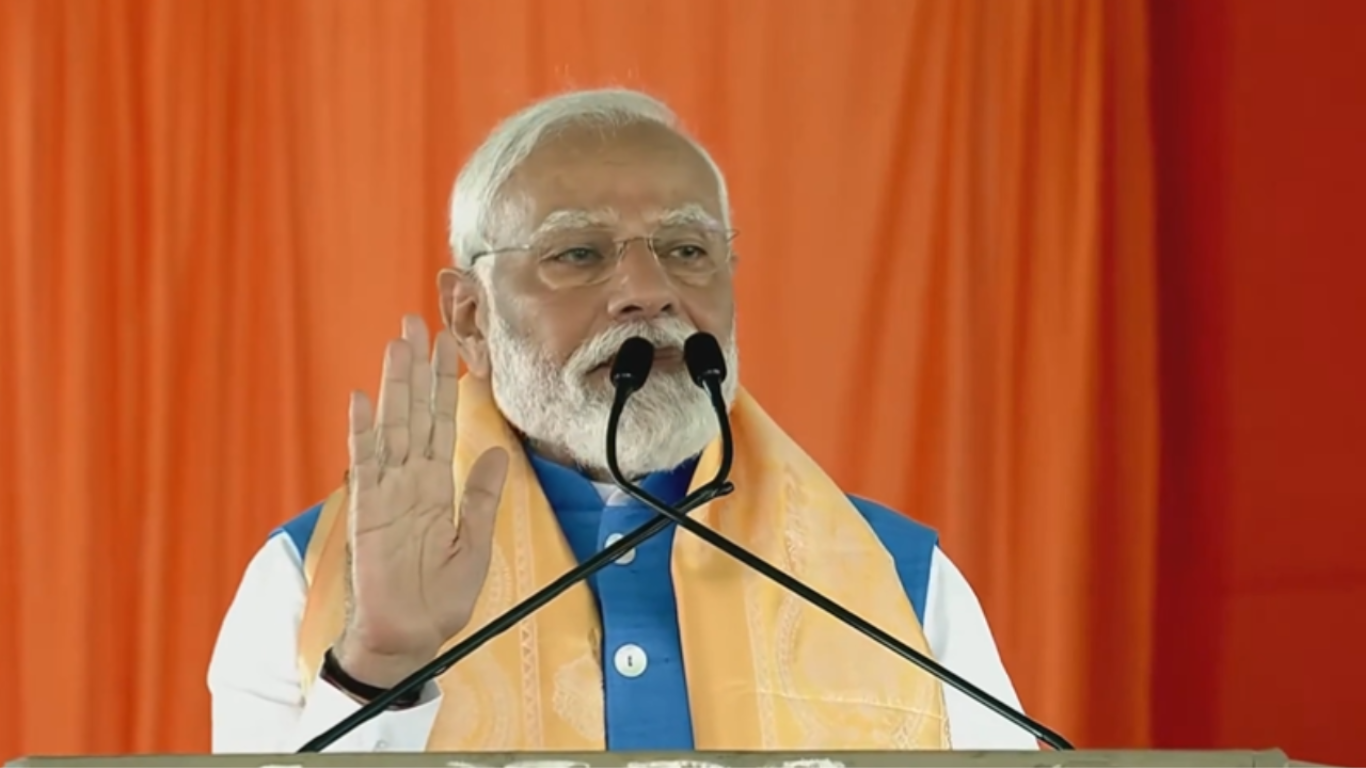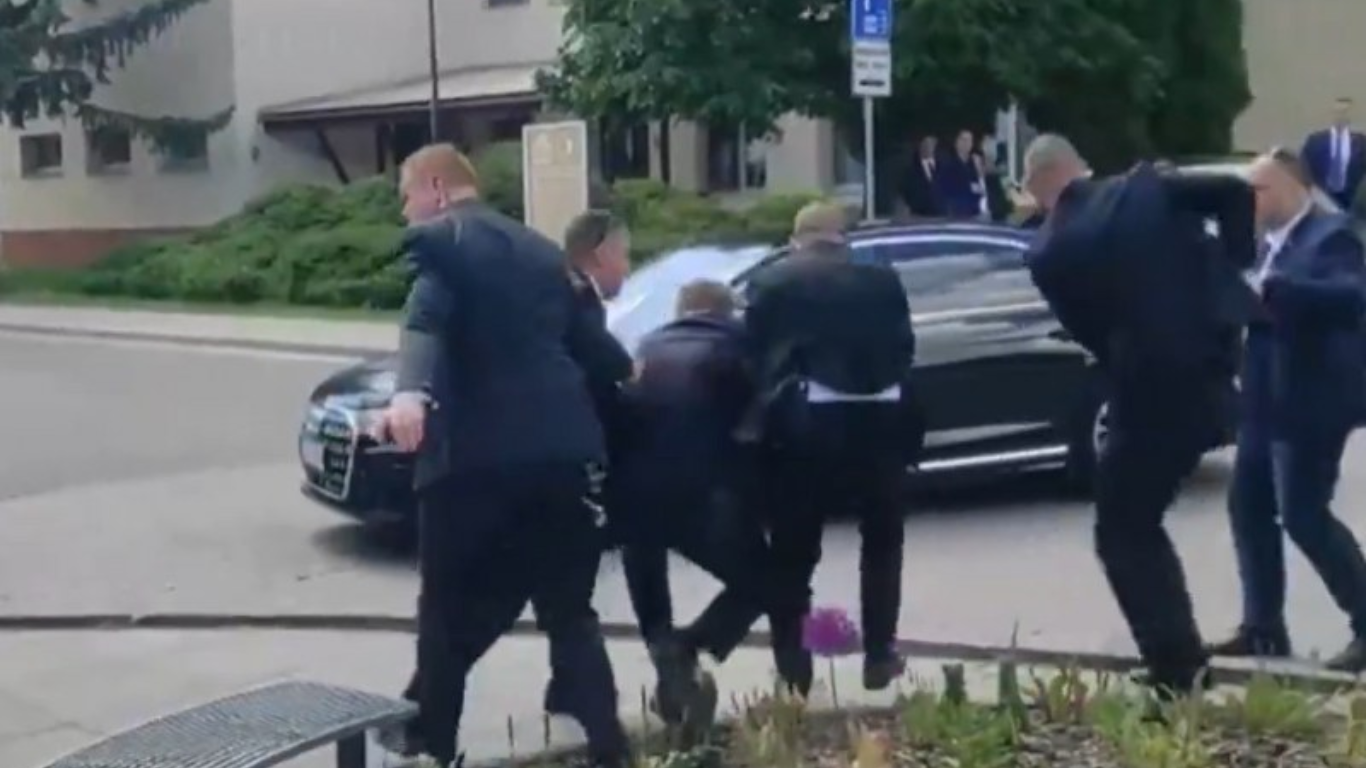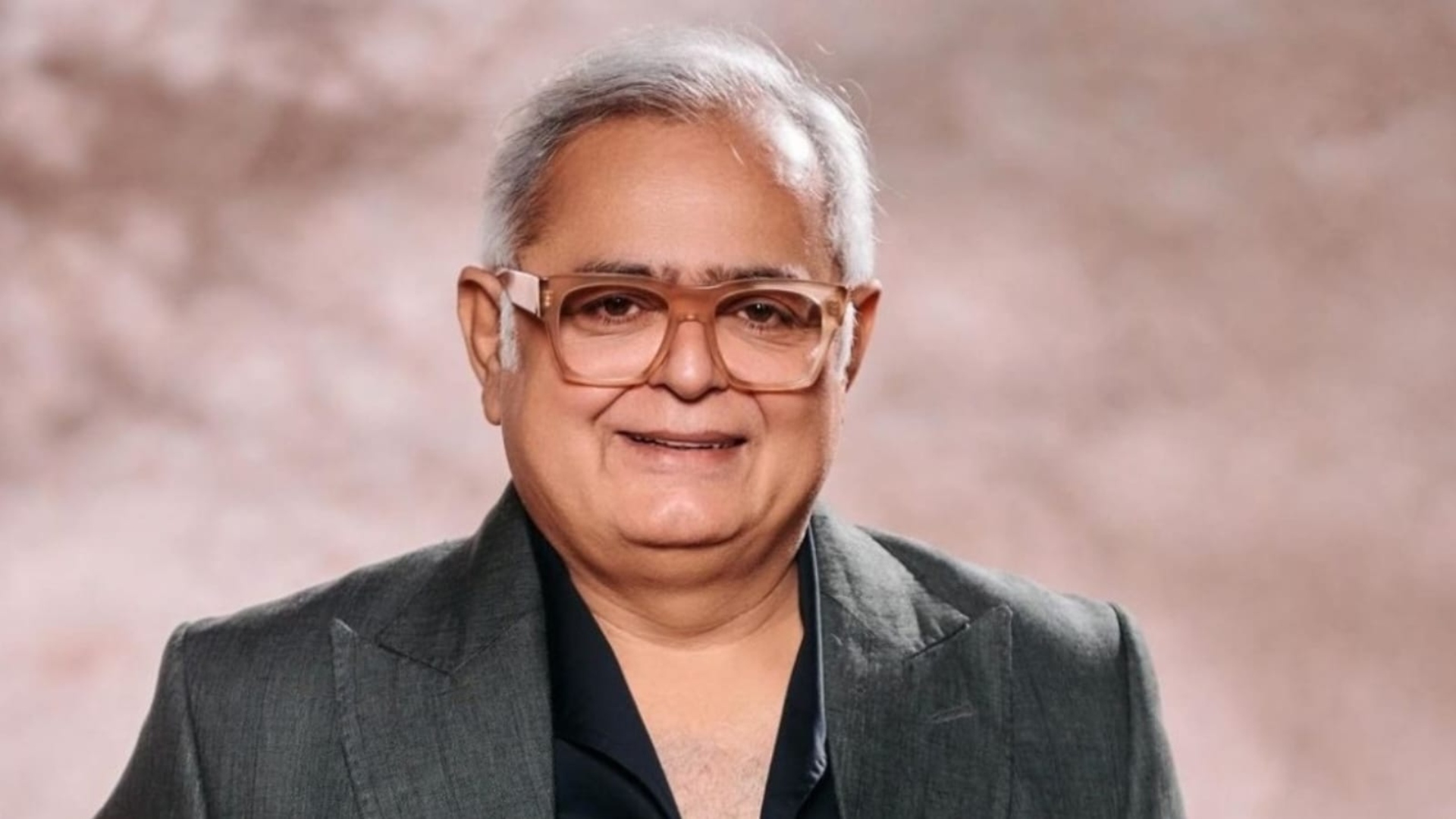






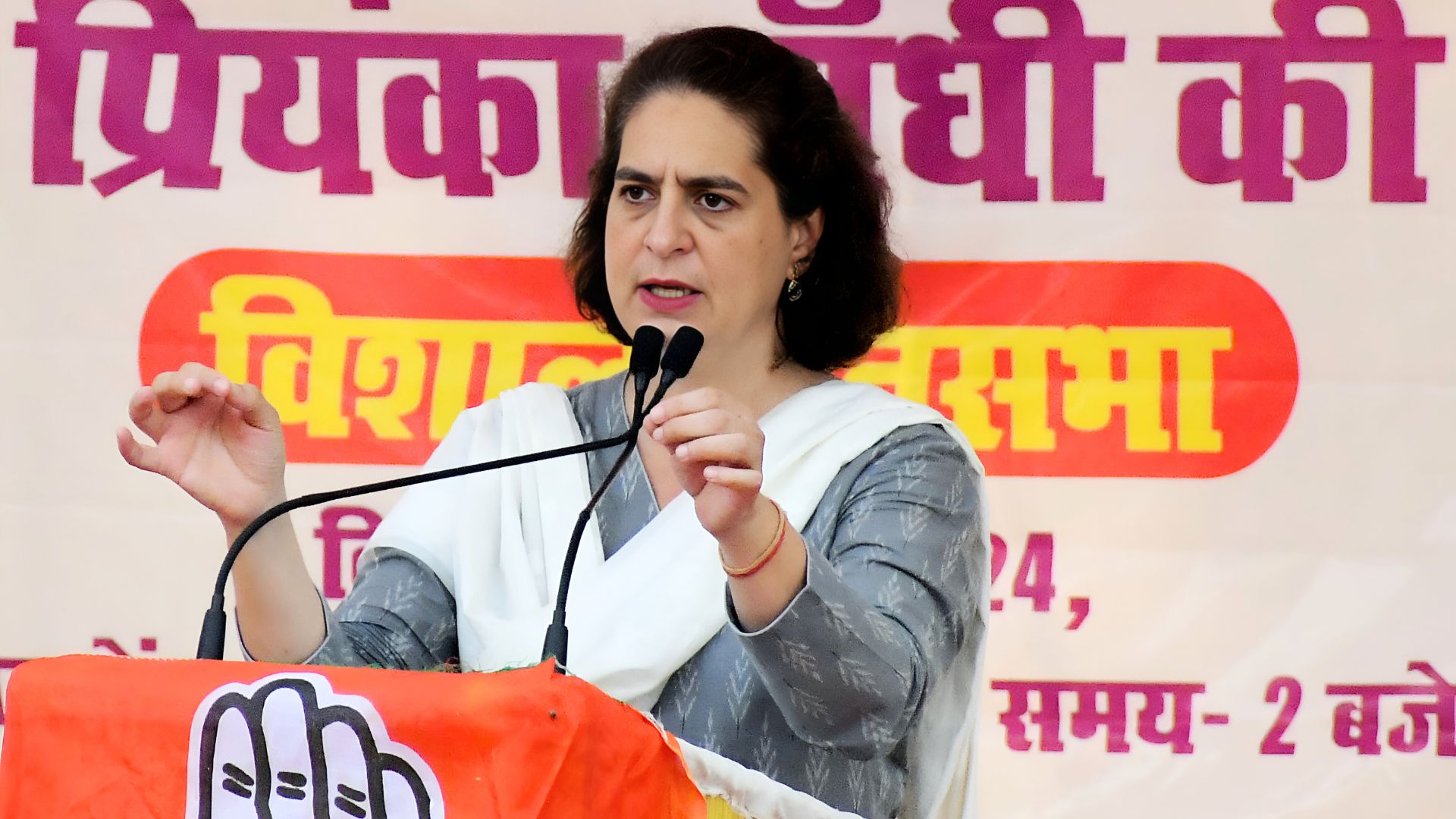


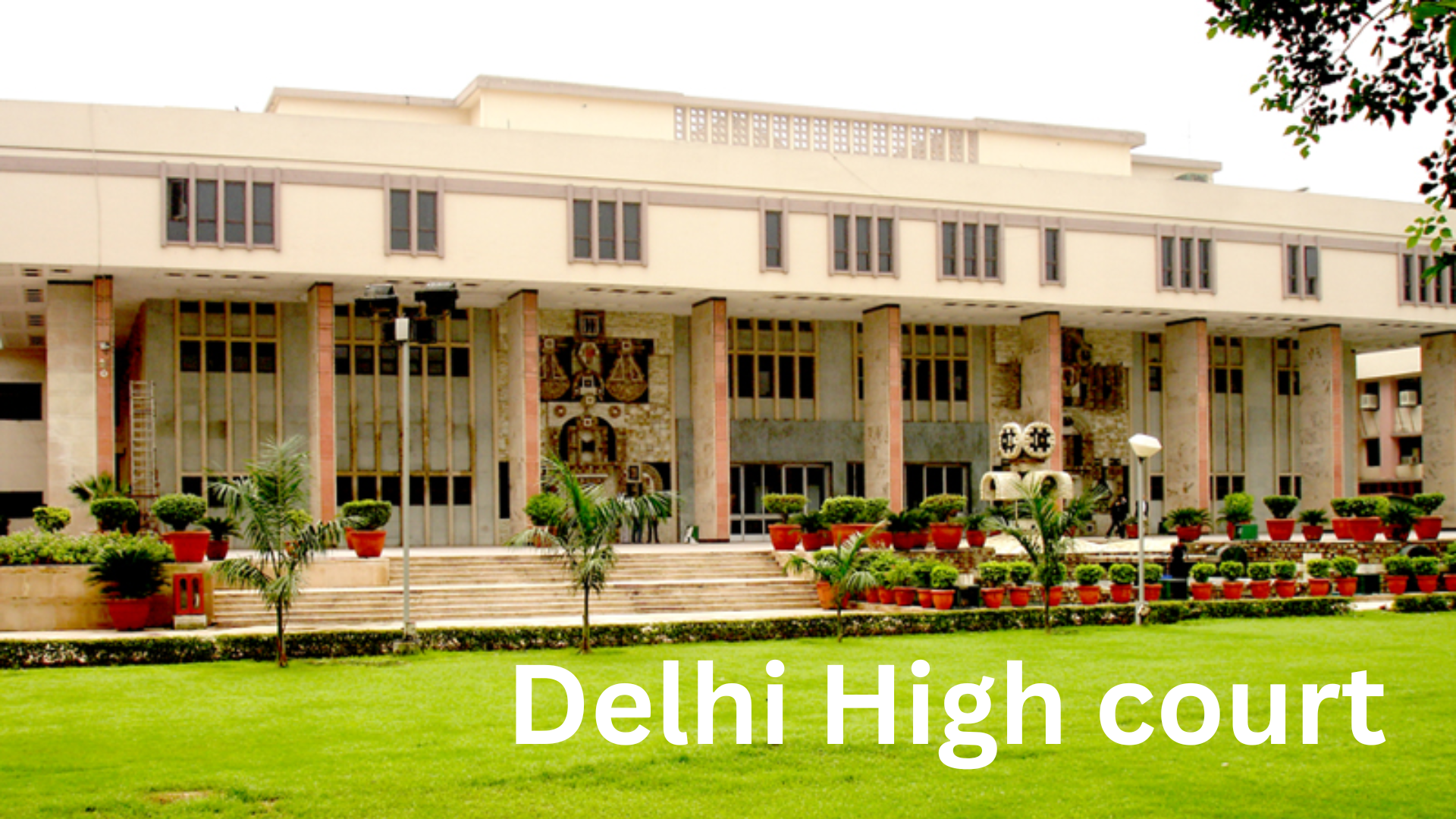
The Delhi High Court rendered a significant decision on Monday, declining bail to three individuals accused of involvement in the 2008 Delhi serial blasts case, affiliated with the Indian Mujahideen (IM). The individuals, namely Mubeen Kadar Shaikh, Saquib Nisar, and Mansoor Asgar Peerbhoy, had appealed against the trial court’s denial of bail.
Justices Suresh Kumar Kait and Shalinder Kaur, constituting the Division Bench, dismissed the appeals, emphasizing the importance of expediting the trial process. While acknowledging the efforts of the Special Court in conducting proceedings every Saturday to hasten the trial, the Bench directed the court to increase the frequency to at least twice, considering the prolonged incarceration of the appellants since 2008.
The judgment highlighted specific allegations against the appellants, such as Mansoor Asgar Peerbhoy’s purported leadership of the Indian Mujahideen’s media cell and involvement in disseminating information about the serial bomb blasts. Similarly, Mubeen Kadar Shaikh’s background as a qualified computer engineer and alleged role in the media cell were cited as reasons for denying bail.
ALSO READ : IPL 2024 : Significance Of KKR’s Victory Against DC For Playoff Prospects
Saquib Nisar’s bail plea was also rejected based on his purported role, with additional details provided regarding the locations of his mobile phone during specific incidents under investigation.
In its considered opinion, the High Court concluded that the seriousness of the allegations and the roles attributed to the appellants warranted their continued detention, emphasizing the need to maintain caution in granting bail.
The decision underscores the complexities and gravity of the 2008 Delhi serial blasts case, highlighting the judicial scrutiny and commitment to ensuring a fair and expedited trial process. As the legal proceedings continue, the quest for justice remains paramount, with the High Court’s ruling serving as a pivotal development in the pursuit of accountability and closure for the victims and their families.


